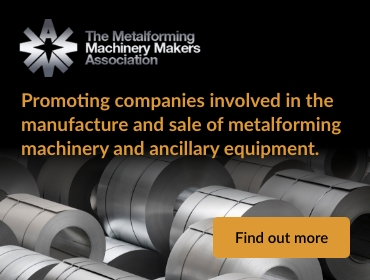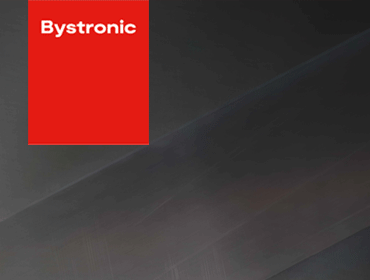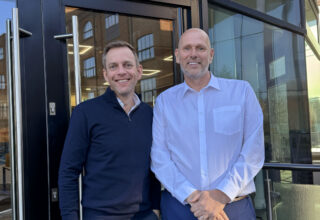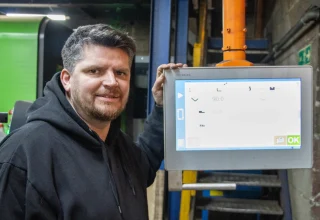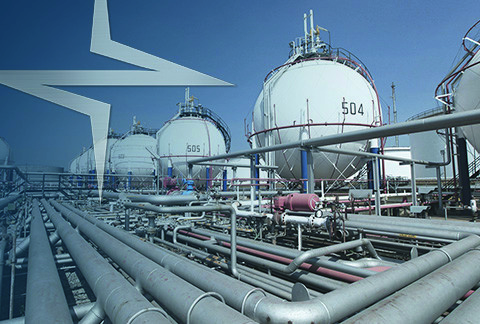
Fueling the Clean Energy Era with Exclusive Insights from Expert Nicola Faraone
In a recent interview, Nicola Faraone reveals the untapped potential of hydrogen as the key to a sustainable future. As the world seeks eco-friendly alternatives to combat climate change, Faraone’s expertise sheds light on the pivotal role hydrogen will play in the global energy landscape. Nicola sheds light on the current state of the hydrogen market and its potential impact on the welding sector.
Understanding Hydrogen’s Clean Energy Promise
During the interview, Nicola Faraone emphasized hydrogen’s unparalleled potential to revolutionize the energy sector. As a versatile, clean, and abundant resource, hydrogen presents an extraordinary opportunity to reduce greenhouse gas emissions and curtail our dependence on traditional fossil fuels. Faraone’s insights offer a glimpse into the bright future of sustainable energy solutions.
The role of Hydrogen in Transportation and Industry
Delving into specific applications, Nicola Faraone discussed how hydrogen’s versatility extends to various sectors. From powering fuel-cell vehicles to energizing industrial processes, hydrogen emerges as a frontrunner in decarbonizing transportation and heavy industries. The interview explores the transformative impact hydrogen could have on sectors previously reliant on carbon-intensive practices.
Challenges and Innovations: Unveiling the Hydrogen Economy
As with any burgeoning technology, challenges lie ahead on the path to widespread adoption. Nicola Faraone elucidated the obstacles facing the hydrogen economy and the innovative solutions being developed to overcome them. From advancements in storage and distribution to cost competitiveness, Faraone’s expertise highlights the strides being made toward a sustainable hydrogen ecosystem.
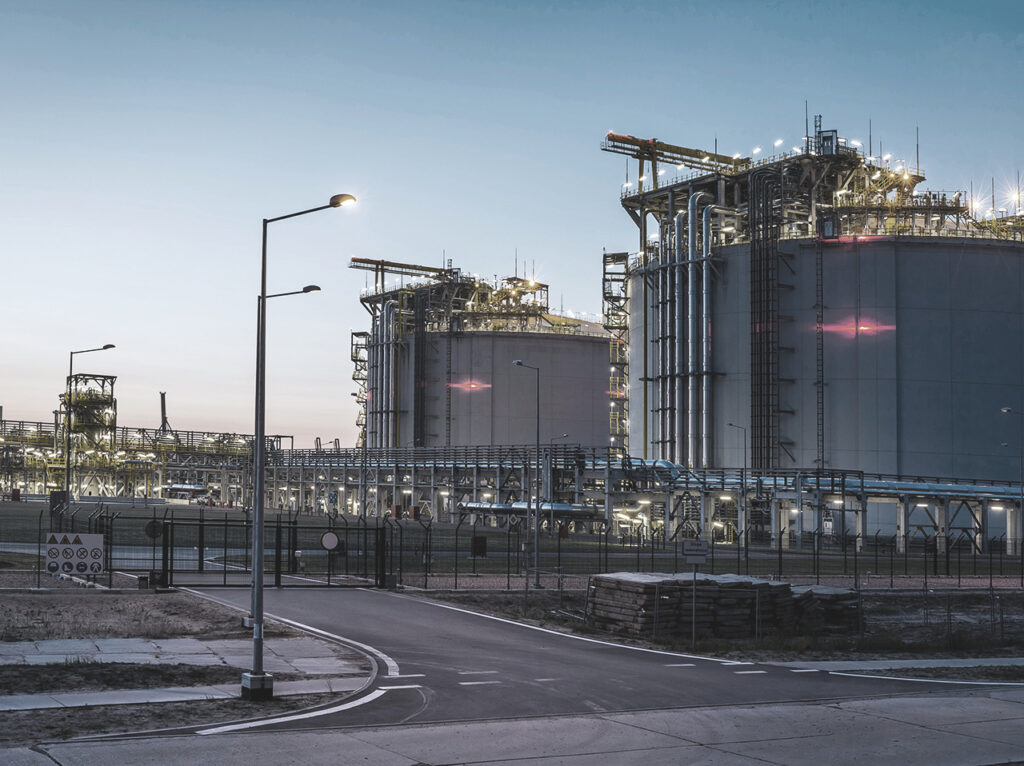
Hydrogen: A Catalyst for Global Collaboration
Nicola Faraone underscored the importance of international collaboration in unlocking hydrogen’s true potential. With a vast network of global stakeholders, research institutions and policymakers, collaborative efforts are essential to accelerate the deployment of hydrogen technologies. Faraone’s analysis sheds light on the possibilities for collective action in establishing a greener and more resilient future.
As we bid farewell to conventional energy paradigms, the interview with expert Nicola Faraone serves as a guiding light toward a hydrogen-powered future. With its promise of sustainability, versatility and global collaboration, hydrogen stands ready to reshape the world’s energy landscape. Embrace the hydrogen revolution today and be part of the monumental change that will propel us toward a cleaner and greener tomorrow.
Interview With Nicola Faraone
Nicola, could you briefly introduce your role at voestalpine Böhler Welding and your involvement with the hydrogen industry?
Certainly. I am responsible for key accounts and segment management in the Petrochemical and Power industries at voestalpine Böhler Welding. As part of my job, I closely investigate emerging segments in the energy field, and the hydrogen industry has emerged as one of the most promising areas for growth in the coming years.
How do you assess the current state of the hydrogen market, and what can we expect in the near future?
The hydrogen market is still in its development phase. While there are many projects in progress, most of them are still in the “announced” stage. However, it’s evident that hydrogen will play a crucial role in the green transition for major players in the energy, transportation and industry sectors. The real surge in hydrogen projects is expected towards the end of this decade, with the immediate future primarily focused on pilot projects.
What implications will hydrogen’s growth have on the welding industry, and how can players in this sector prepare for the changes?
Adapting to the evolving hydrogen economy won’t be straightforward. While welded components for hydrogen transportation and storage already exist, the industry anticipates new requirements set by construction codes and specifications. Ensuring safer and more durable constructions will be paramount for the welding industry’s stakeholders.
How will hydrogen transform various industries, and how does it complement renewable energy sources like solar and wind?
Hydrogen’s versatility will be a game-changer across industries. As a fuel, it can power the transport and energy sectors, serve as heat for heavy industry and buildings, and act as a feedstock in chemical and steel production. Hydrogen technology will complement renewables like solar and wind, which face challenges due to fluctuating production. Hydrogen can help store excess energy generated during peak times for use when needed.
From a technical perspective, what impact will hydrogen applications have on welding processes?
In terms of welding processes, the impact of hydrogen applications is not expected to be significant. Welded steel components dedicated to hydrogen production, storage and transportation will still rely on well-established arc processes, selected based on geometry and requirements. The more substantial impact is likely to be seen in materials selection and testing, with ongoing studies exploring the effects of hydrogen exposure on steels, such as embrittlement and changes in physical properties.
How is voestalpine Böhler Welding approaching the topic of hydrogen, and what support do you offer to customers involved in hydrogen projects?
At voestalpine Böhler Welding, we embrace our pioneering heritage and have already started analyzing our filler material product range to anticipate upcoming technical requirements from the hydrogen market. We are committed to providing the best technical support to our customers across various industry segments. While assessing the influence of hydrogen on weld metal, we offer our customers our extensive metallurgy expertise, collaborating to face the challenges together.
Looking ahead to three years from now, what changes do you foresee in the welding industry related to hydrogen, and will we see some significant flagship projects realized by then?
In three years’ time, we expect to have a clearer direction regarding the welded components for the hydrogen industry in terms of material selection and testing requirements, thanks to ongoing industry research projects. As hydrogen technology advances, some projects will likely reach successful completion, contributing to the wider adoption of hydrogen and its potential flagship projects.
Conclusion
Hydrogen’s rise in the welding industry presents both opportunities and challenges. As the hydrogen market evolves, companies like voestalpine Böhler Welding are proactively preparing for the future. With hydrogen’s versatility and potential to complement renewables, it’s set to play a transformative role in multiple industries, driving the global green transition in the coming years.


